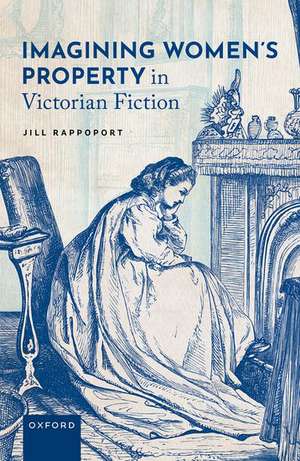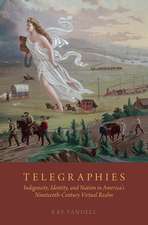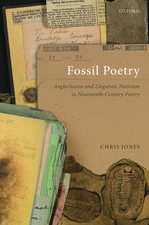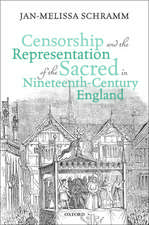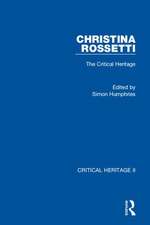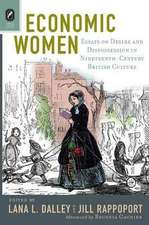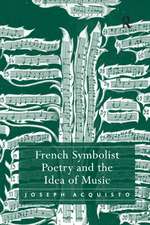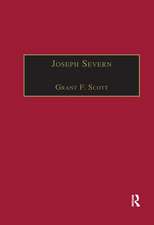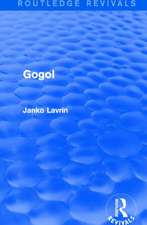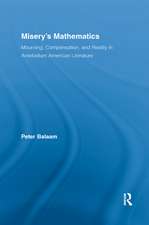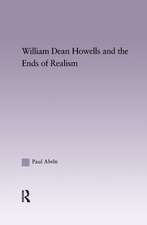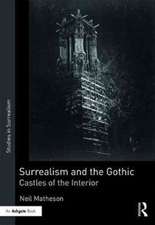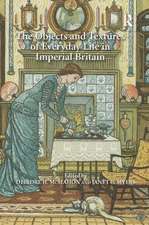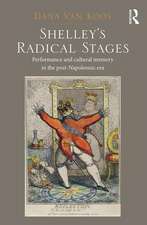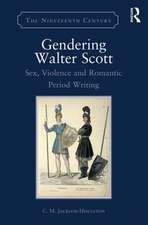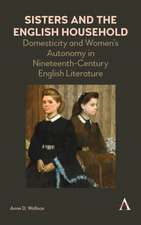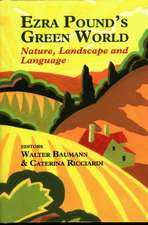Imagining Women's Property in Victorian Fiction
Autor Jill Rappoporten Limba Engleză Hardback – 20 apr 2023
Preț: 407.11 lei
Preț vechi: 561.58 lei
-28% Nou
Puncte Express: 611
Preț estimativ în valută:
77.90€ • 84.88$ • 65.64£
77.90€ • 84.88$ • 65.64£
Carte disponibilă
Livrare economică 22-28 martie
Preluare comenzi: 021 569.72.76
Specificații
ISBN-13: 9780192867261
ISBN-10: 0192867261
Pagini: 240
Dimensiuni: 161 x 241 x 18 mm
Greutate: 0.5 kg
Editura: OUP OXFORD
Colecția OUP Oxford
Locul publicării:Oxford, United Kingdom
ISBN-10: 0192867261
Pagini: 240
Dimensiuni: 161 x 241 x 18 mm
Greutate: 0.5 kg
Editura: OUP OXFORD
Colecția OUP Oxford
Locul publicării:Oxford, United Kingdom
Recenzii
Admirably well researched, Imagining Women's Property is also elegantly written and thought-provoking. In revealing new facets of Victorian culture's shifting conceptions of women's ownership, marriage, economic agency, and familial obligation, it will undoubtedly prove a valuable resource to students and advanced scholars alike.
In this erudite and thoroughly researched volume, Jill Rappoport examines how the changing laws affecting married women's property rights are reflected in the writings of Victorian novelists. She draws upon the works of notable female writers such as Elizabeth Gaskell, George Eliot and Margaret Oliphant, but also Charles Dickens and Anthony Trollope, both of whom feature married women prominently in their fiction. The author also extends her discussion to other authors, including those of the pre-Victorian era, citing, for example, Jane Austen, who, in her work, as in her life, was conscious of the injustices that women faced regarding property prior to the reform of the law.
In this erudite and thoroughly researched volume, Jill Rappoport examines how the changing laws affecting married women's property rights are reflected in the writings of Victorian novelists. She draws upon the works of notable female writers such as Elizabeth Gaskell, George Eliot and Margaret Oliphant, but also Charles Dickens and Anthony Trollope, both of whom feature married women prominently in their fiction. The author also extends her discussion to other authors, including those of the pre-Victorian era, citing, for example, Jane Austen, who, in her work, as in her life, was conscious of the injustices that women faced regarding property prior to the reform of the law.
Notă biografică
Jill Rappoport is an Associate Professor of English at the University of Kentucky, where her research has focused on representations of gender, economic traditions, and community activism in nineteenth-century British literature. She is the author of Giving Women: Alliance and Exchange in Victorian Culture (2012) and co-editor of Economic Women: Essays on Desire and Dispossession in Nineteenth-Century British Culture (2013). Her articles have appeared in a range of journals and volumes including Nineteenth-Century Literature; Victorian Literature and Culture; SEL: Studies in English Literature 1500-1900; Victorian Studies, and Victorian Poetry.
